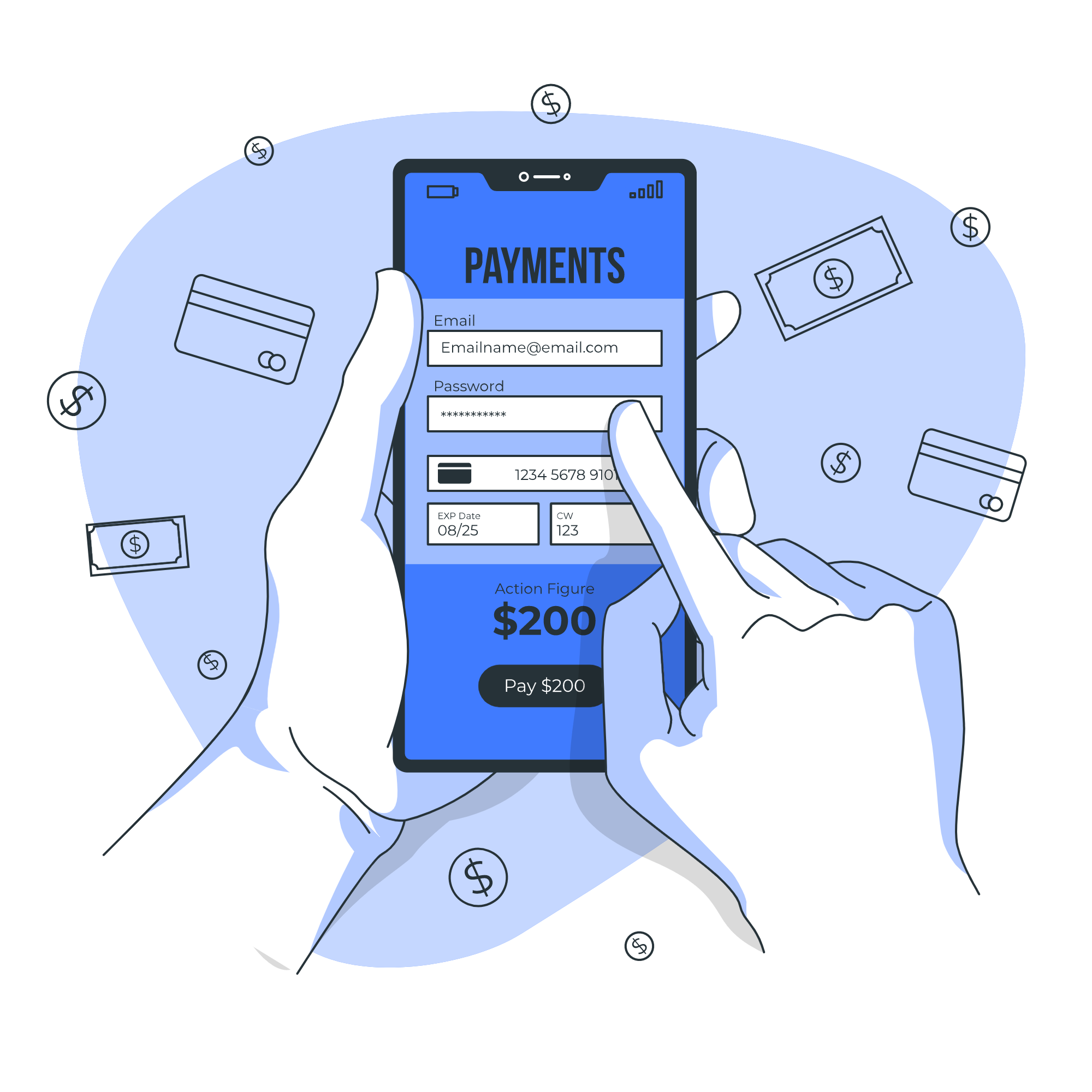USD to KES
The US dollar is the most heavily traded currency in the world. This means it is the most liquid currency, which is a fancy way of saying it has a high volume of trading. The Kenyan shilling is the most heavily traded African currency. So if you are trading between these two currencies, the demand will be higher for USD/KES than KES/USD. This can affect the exchange rate. If you are interested in the relationship between other currencies, you can use our currency converter above to find out the current rates.
Factors affecting currency exchange rates
Currency exchange rates are volatile, and they fluctuate daily. They also differ between various currencies due to differences in interest rates, economies, trade policies and political risk. Understanding these factors can help you make informed decisions about when to buy or sell a specific currency. If you want to know more about currency exchange rates, read on. This article covers the factors that affect currency exchange rates and how you can use this knowledge to your advantage as an investor.
How do Currency Exchange Rates Work?
A currency exchange rate is the price of one currency in terms of another. So, the USD/KES exchange rate is the price of 1 US dollar in terms of Kenyan shillings. Currencies have exchange rates because they are not equal. One could be more widely accepted than another, or one could be easier to access. Currency exchange rates also vary over time, so you can buy or sell them at any point. When you exchange one currency for another, you are effectively taking out a short-term loan from the other currency. You pay the amount of the loan (the exchange rate) at the moment of exchange, and you repay it when you exchange back again.
Central Bank Policies and Exchange Rates
Central banks control domestic and some international currency exchange rates to some degree. Depending on the country and the economic situation, central banks may prefer to keep their currency weaker or stronger than it was previously. When a country’s currency becomes weak, it’s called a “depreciation” in the exchange rate. If a country’s currency becomes stronger, it’s called an “appreciation” in the exchange rate. Central banks can influence the exchange rate by buying and selling currency. If they buy (take) a lot of a certain currency, it increases the demand for that currency, and the price will rise. If they sell (take) a lot of a certain currency, it decreases the demand for that currency, and the price will fall. This can have a knock-on effect on other economies that are less able to defend their own currency. This is called “impending currency wars” and has been a topic of discussion in recent years.
Economic Factors that Affect Currency Exchange Rates
There are a number of economic factors that can affect the value of a currency. When the US Federal Reserve or the Kenyan Central Bank changes interest rates, it affects the value of the dollar or Kenyan shilling. If rates go up, the dollar will become more expensive (and the shilling will become cheaper). When a country’s economy grows at a faster rate, it can also affect exchange rates. Investors will typically buy more of that country’s currency, which will increase the exchange rate. When investor sentiment about a country changes, the demand for its currency can fall. This can lead to a decline in the exchange rate.
Trade Policies That Affect Currency Exchange Rates
The policies that govern trade between countries can also affect the value of their currencies. Tariffs, quotas and subsidies can all affect currency exchange rates. Some economists are concerned that the rise of protectionist policies could lead to currency wars. When one country adopts a trade policy that reduces the demand for another country’s goods, it can affect the value of the first country’s currency. This could lead to an ongoing cycle of one country adopting trade policies and then another responding with its own.
Political Risk and Currency Exchange Rates
When investors are concerned about political risk, it can affect the value of a country’s currency. Political risk includes elections, military conflicts, corruption and policy changes. When investors are unsure about a country’s political stability, they can move their money out of that country and into safer ones. This reduces demand for that country’s currency, and the exchange rate falls. When there is a significant event that impacts a country’s political stability, currency exchange rates will drop. When the threat of political risk subsides, investors will typically move their money back into that country. This will increase the demand for the country’s currency and drive the exchange rate back up.
Conclusion
Currency exchange rates vary due to differences in interest rates, economies, trade policies and political risk. Central banks can influence exchange rates by buying and selling currency, and economic factors also affect exchange rates. Trade policies that govern the flow of goods between countries can affect exchange rates, as can political risk. As an investor, you need to be aware of these factors so you can make informed decisions about when to buy or sell.
















